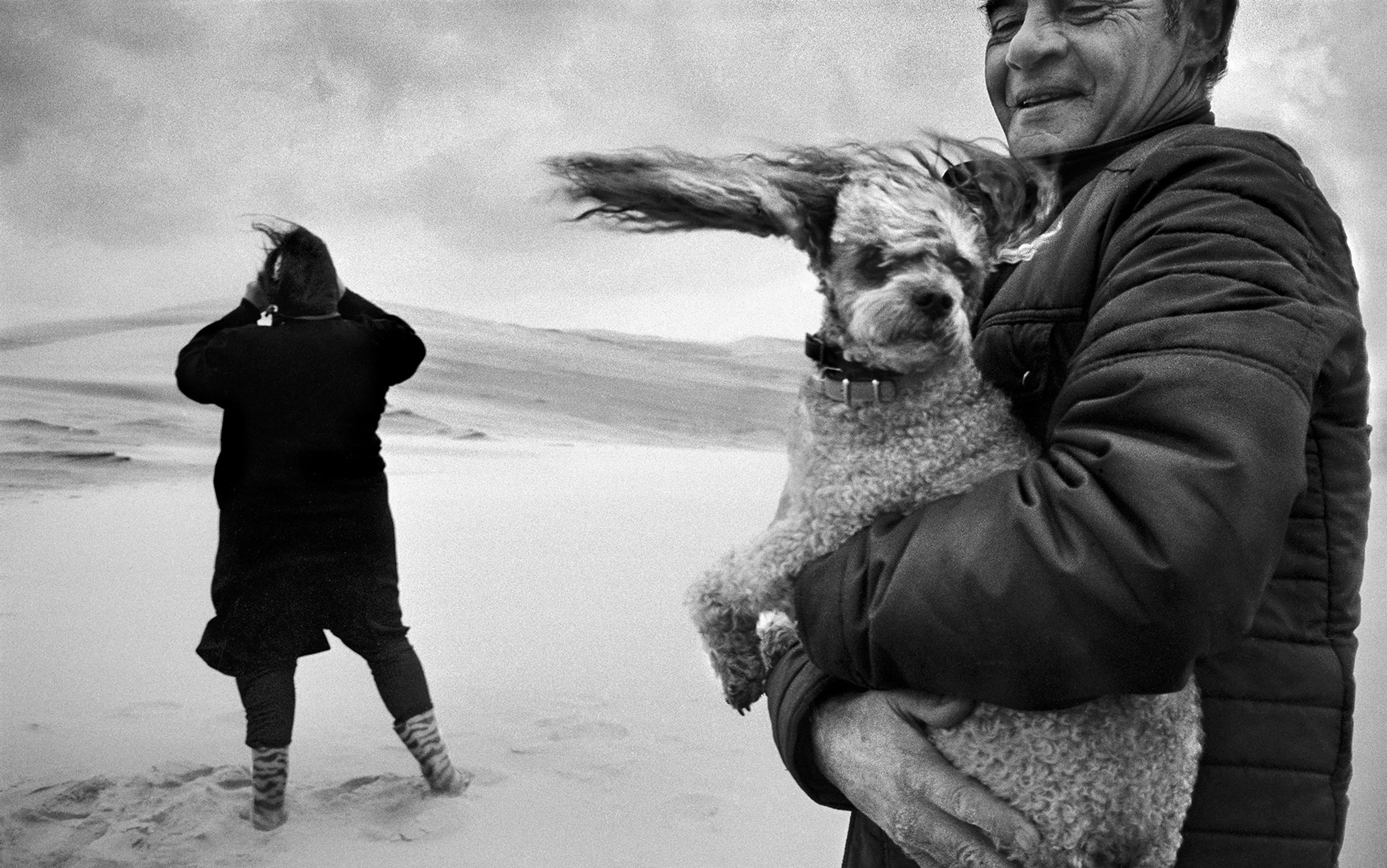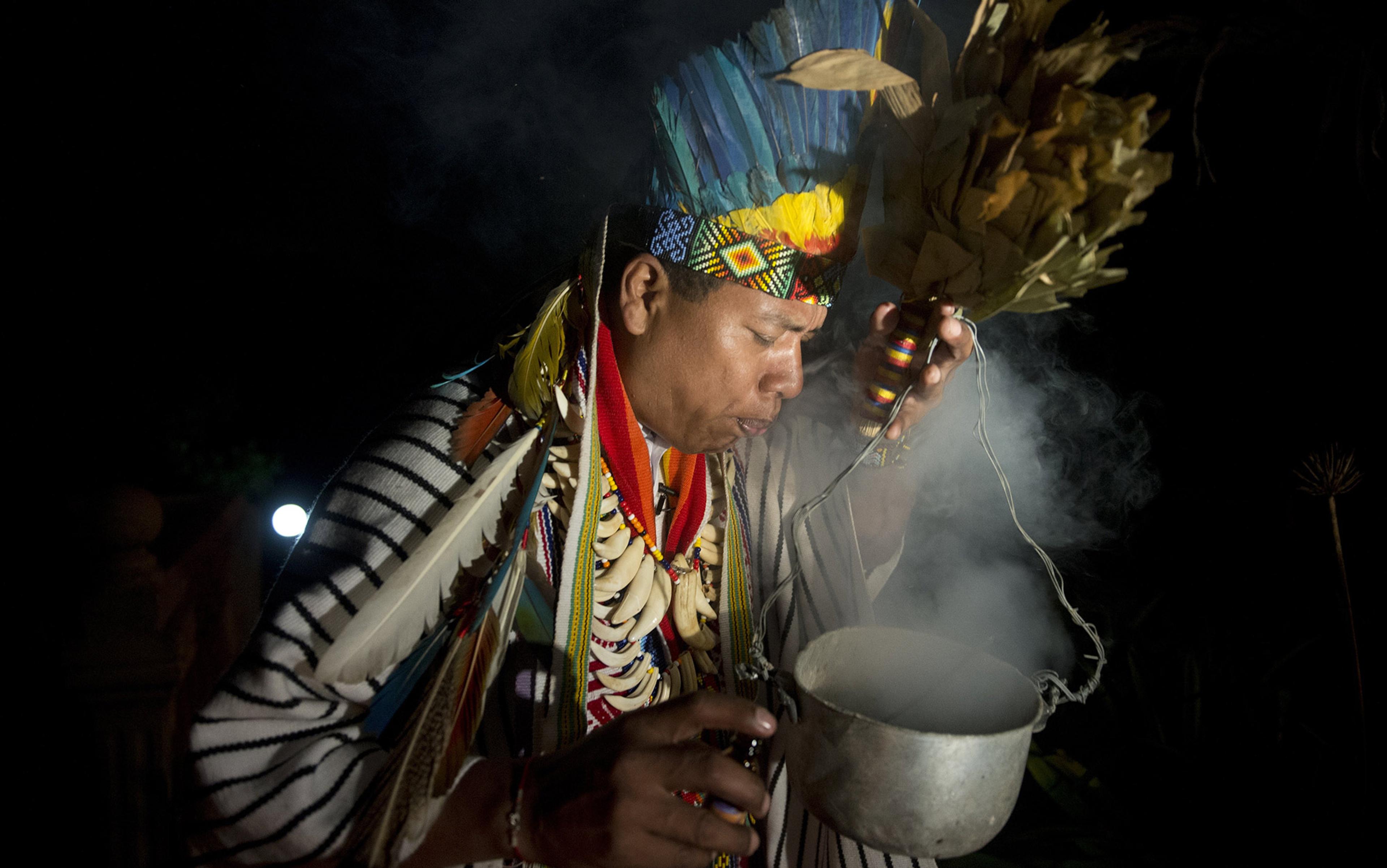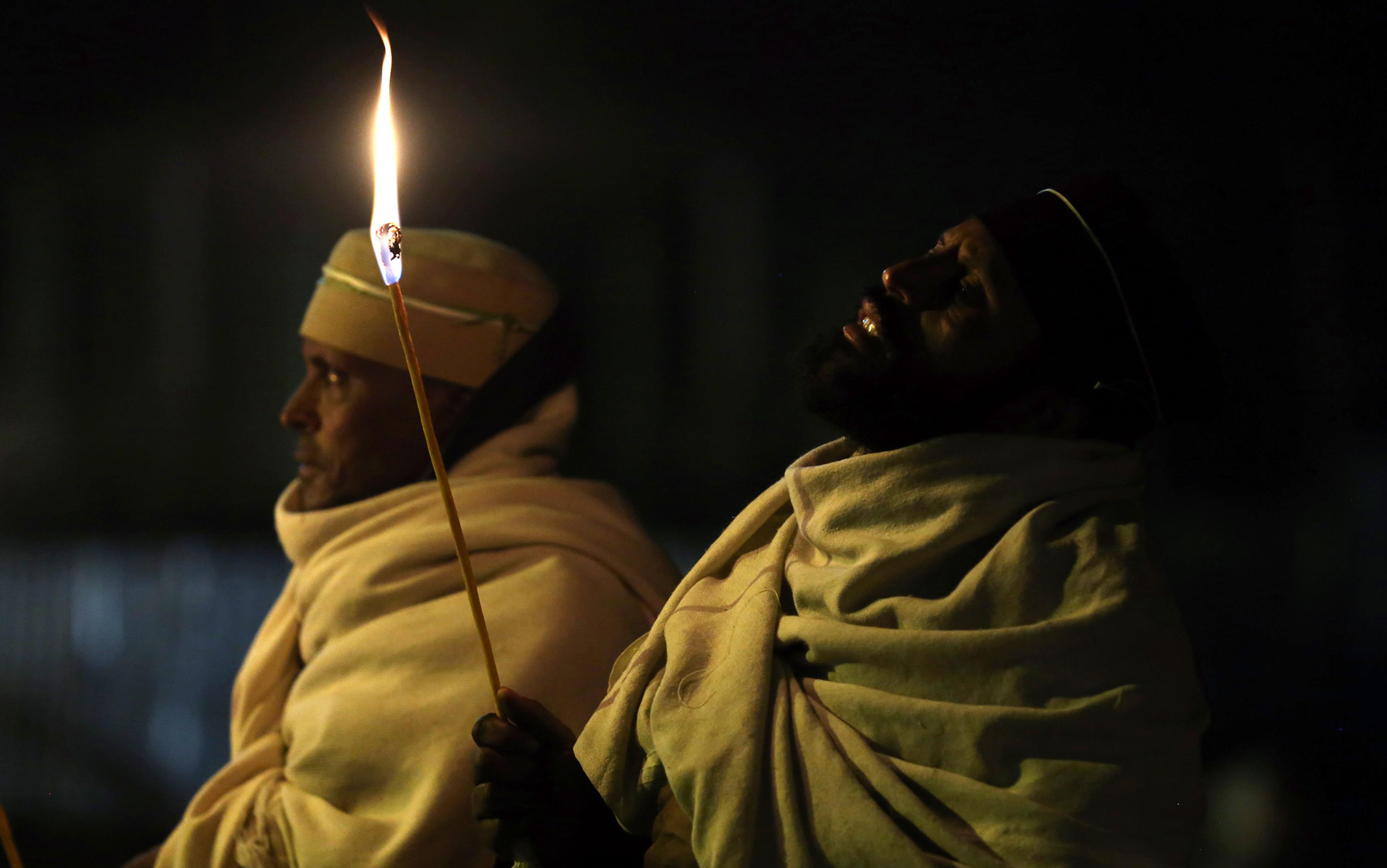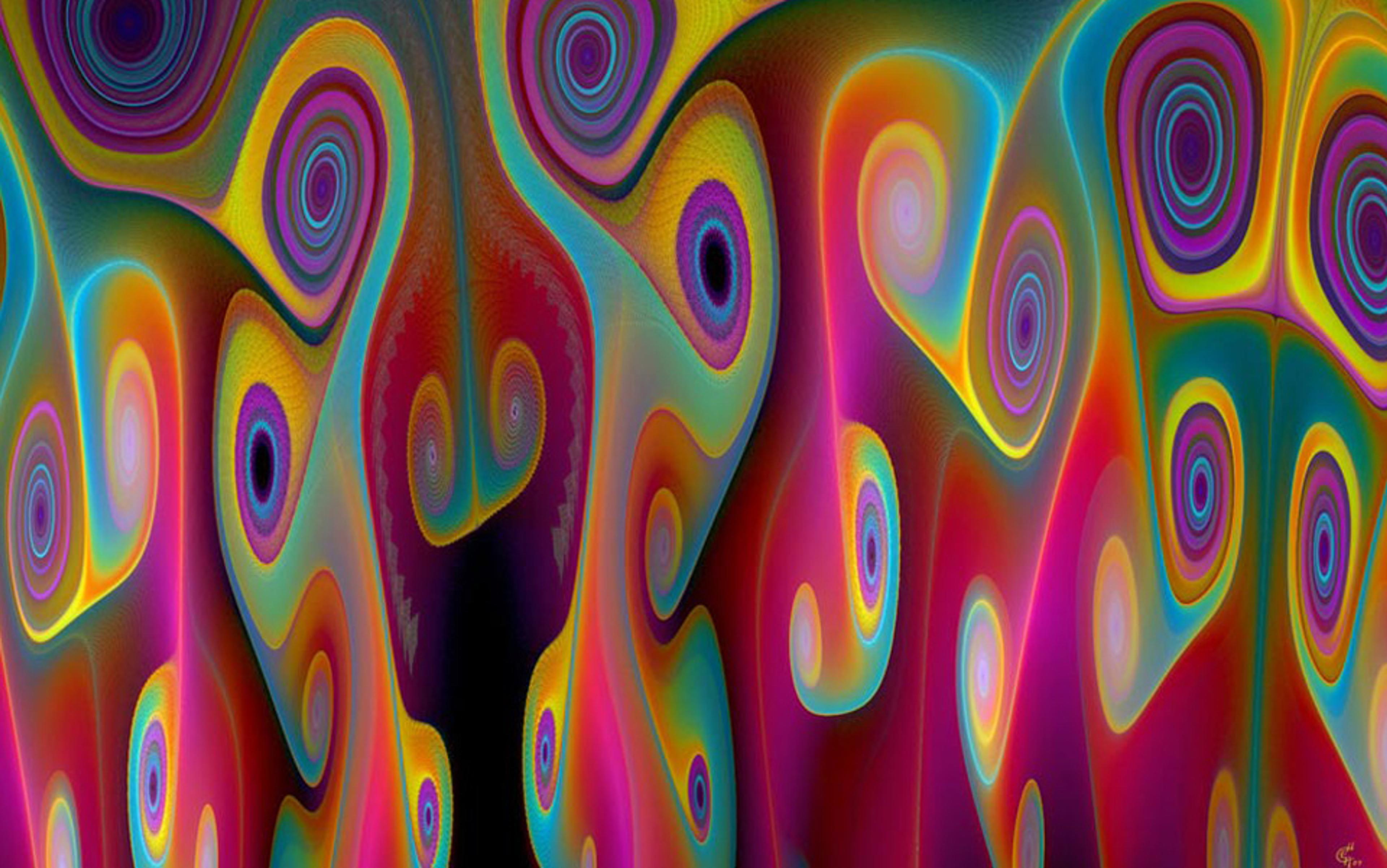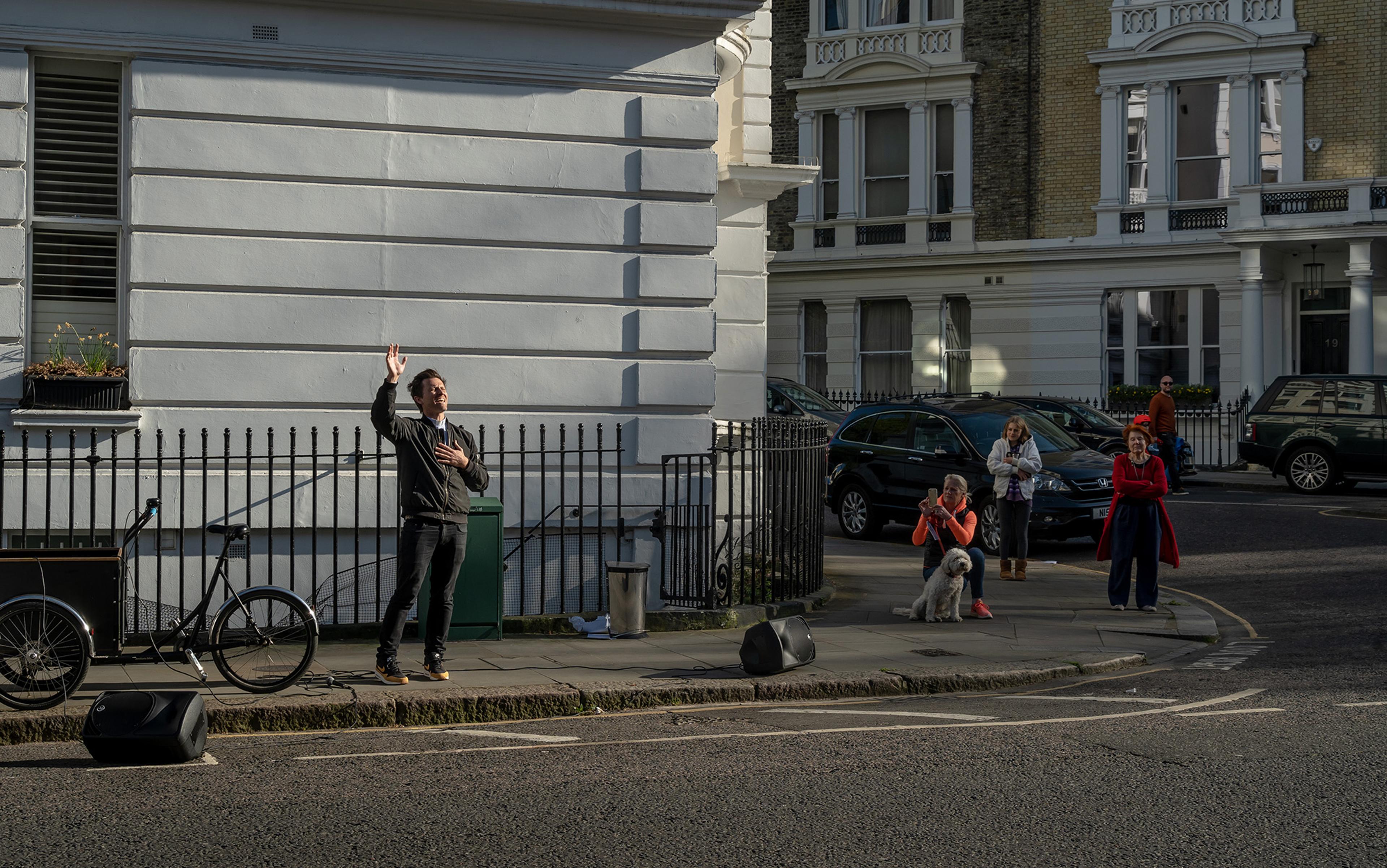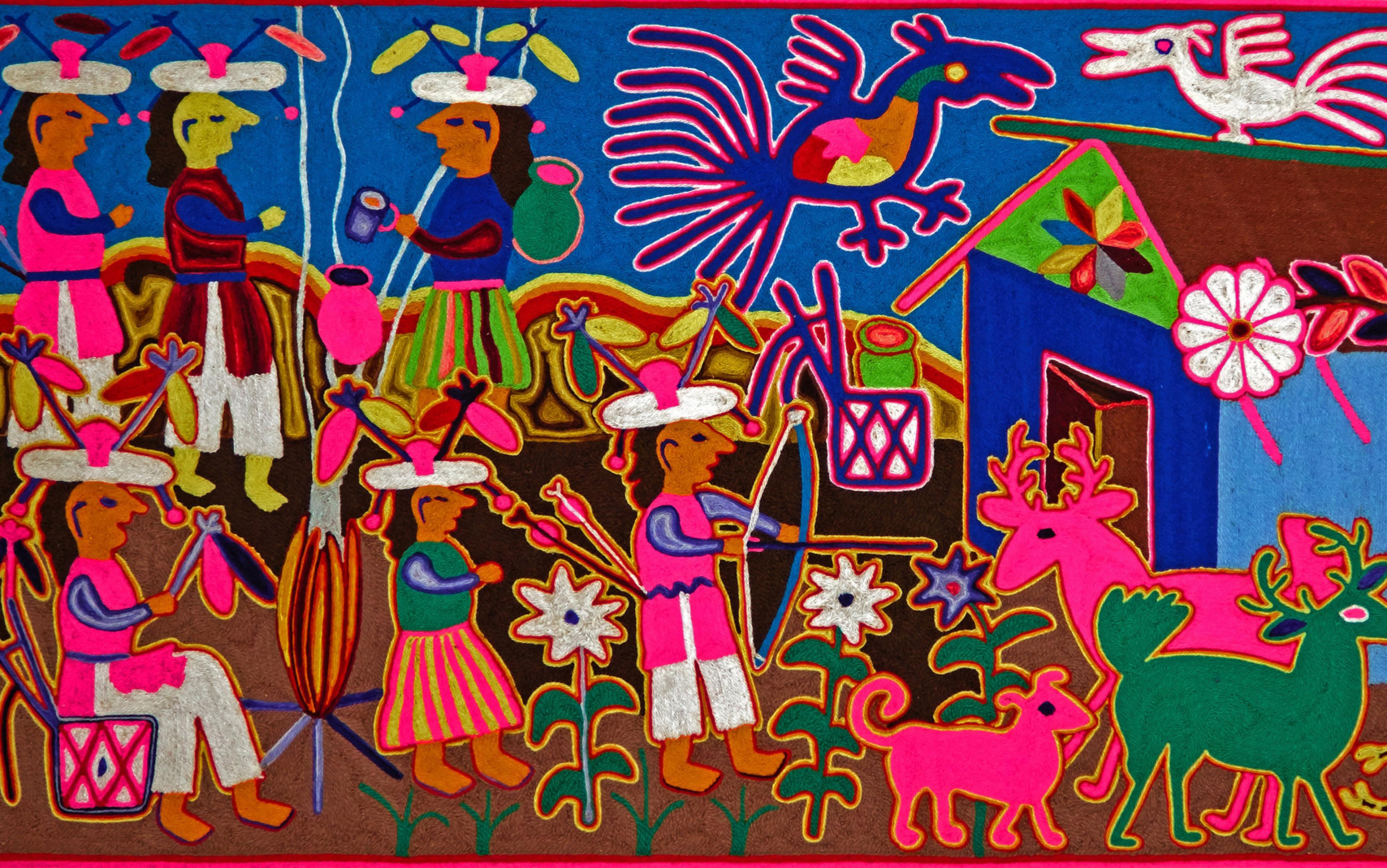In 1969, the British writer Philip Pullman was walking down the Charing Cross Road in London, when his consciousness abruptly shifted. It appeared to him that ‘everything was connected by similarities and correspondences and echoes’. The author of the fantasy trilogy His Dark Materials (1995-2000) wasn’t on drugs, although he had been reading a lot of books on Renaissance magic. But he told me he believes that his insight was valid, and that ‘my consciousness was temporarily altered, so that I was able to see things that are normally beyond the range of routine ordinary perception’. He had a deep sense that the Universe is ‘alive, conscious and full of purpose’. He says: ‘Everything I’ve written has been an attempt to bear witness to the truth of that statement.’
What does one call such an experience? Pullman refers to it as ‘transcendent’. The philosopher and psychologist William James called them ‘religious experiences’ – although Pullman, who wrote a fictionalised biography of Jesus, would insist that God was not involved. Other psychologists call such moments spiritual, mystical, anomalous or out-of-the-ordinary. My preferred term is ‘ecstatic’. Today, we think of ecstasy as meaning the drug MDMA or the state of being ‘very happy’, but originally it meant ekstasis – a moment when you stand outside your ordinary self, and feel a connection to something bigger than you. Such moments can be euphoric, but also terrifying.
Over the past five centuries, Western culture has gradually marginalised and pathologised ecstasy. That’s partly a result of our shift from a supernatural or animist worldview to a disenchanted and materialist one. In most cultures, ecstasy is a connection to the spirit world. In our culture, since the 17th century, if you suggest you’re connected to the spirit world, you’re likely to be considered ignorant, eccentric or unwell. Ecstasy has been labelled as various mental disorders: enthusiasm, hysteria, psychosis. It’s been condemned as a threat to secular government. We’ve become a more controlled, regulated and disciplinarian society, in which one’s standing as a good citizen relies on one’s ability to control one’s emotions, be polite, and do one’s job. The autonomous self has become our highest ideal, and the idea of surrendering the self is seen as dangerous.
Yet ecstatic experiences are surprisingly common, we just don’t talk about them. The polling company Gallup has, since the 1960s, measured the frequency of mystical experiences in the United States. In 1960, only 20 per cent of the population said they’d had one or more. Now, it’s around 50 per cent. In a survey I did in 2016, 84 per cent of respondents said they’d had an experience where they went beyond their ordinary self, and felt connected to something greater than them. But 75 per cent agreed there was a taboo around such experiences.
There’s even a database of more than 6,000 such experiences, amassed by the biologist Sir Alister Hardy in the 1960s and now mouldering in storage in Wales. They make for a strangely beautiful read, a sort of crowdsourced Bible. Here is entry number 208: ‘I was out walking one night in busy streets of Glasgow when, with slow majesty, at a corner where the pedestrians were hurrying by and the city traffic was hurtling on its way, the air was filled with heavenly music, and an all-encompassing light, that moved in waves of luminous colour, outshone the brightness of the lighted streets. I stood still, filled with a strange peace and joy … until I found myself in the everyday world again with a strange access of gladness and of love.’
The most common word used when describing such experiences is ‘connection’ – we briefly shift beyond our separate self-absorbed egos, and feel deeply connected to other beings, or to all things. Some interpret these moments as an encounter with the divine, but not all do. The philosopher Bertrand Russell, for example, also had a ‘mystic moment’ when he suddenly felt filled with love for people on a London street. The experience didn’t turn him into a Christian, but it did turn him into a life-long pacifist.
I became interested in ecstatic experiences when I was 24 and had a near-death experience. I fell off a mountain while skiing, dropped 30 feet, and broke my leg and back. As I lay there, I felt immersed in love and light. I’d been suffering from emotional problems for six years, and feared my ego was permanently damaged. In that moment, I knew that I was OK, I was loved, that there was something in me that could not be damaged, call it ‘the soul’, ‘the self’, ‘pure consciousness’ or what-have-you. The experience was hugely healing. But was it just luck, or grace? Can one seek ecstasy?
Pullman thinks not. He says: ‘Seeking this sort of thing doesn’t work. It is far too self-centred. Things like my experience are by-products, not goals. To make them the aim of your life is an act of monumental and self-deceiving egotism.’
I disagree. It seems to me that humans have always sought ecstasy. The earliest human artefacts – the cave paintings of Lascaux – are records of Homo sapiens’ attempt to get out of our heads. We have always sought ways to ‘unself’, as the writer Iris Murdoch called it, because the ego is an anxious, claustrophobic, lonely and boring place to be stuck. As the author Aldous Huxley wrote, humans have ‘a deep-seated urge to self-transcendence’. However, we can get out of our ordinary selves in good and bad ways – what Huxley called ‘healthy and toxic transcendence’.
How can we seek ecstasy in a healthy way? In its most common-garden variety, we can seek what the psychologist Mihaly Csikszentmihalyi called ‘flow’. By this he meant moments where we become so absorbed in an activity that we forget ourselves and lose track of time. We could lose ourselves in a good book, for example, or a computer game. The author Geoff Dyer, who’s written extensively on ‘peak experiences’, says: ‘If you asked me when I’m most in the zone, obviously it would be playing tennis. That absorption in the moment, I just love it.’ Others shift their consciousness by going for a walk in nature, where they find what the poet William Wordsworth called ‘the quiet stream of self-forgetfulness’. Or we turn to sex, which the feminist Susan Sontag called the ‘oldest resource which human beings have available to them for blowing their mind’.
Such everyday moments might seem a long way from the mystical ecstasy of St Teresa of Ávila, but I would suggest that there is a continuum from moments of light absorption and ego-loss to much deeper and more dramatic ego-dissolution. Csikszentmihalyi agrees, saying that moments of flow are ‘the kind of experience which culminates in ecstasy’. You don’t expect a full-on ecstatic experience every time you go to a concert, museum, mountain or date. But you know that, on a good day, you might just be transported.
And then there are the deeper moments of ego-loss that one might term a ‘mystical experience’. Can we seek them? Certainly. That’s what humans have been doing for hundreds of thousands of years, through various ecstatic techniques such as strenuous dancing, chanting, fasting, self-inflicted pain, sensory deprivation or mind-altering drugs.
‘Modern psychiatric dismissal of altered states is due to the Western psychiatric mental-illnesses model of the mind’
Take psychedelic drugs, an ancient technique for getting out of our heads. In the past few years, academic research into psychedelics has re-started after a 40-year hiatus. Researchers have discovered that one dose of psychedelics reliably triggers ‘mystical experiences’ – moments where people report a sense of ego-dissolution and connection to all things, including to spirit beings or God. On the whole, people in research trials find such a trip one of the most meaningful, satisfying and healing moments in their lives. In a series of separate trials recently by Imperial College London, New York University and Johns Hopkins Medical School, one dose of psilocybin helped to reduce chronic depression and addiction, and also significantly reduced the fear of death in patients with cancer.
Another way in which humans have traditionally sought ego-transcendence is through contemplation. Western culture abandoned its own contemplative traditions during the Reformation and Counter-Reformation, but in the past 50 years Eastern contemplative practices have flooded in to fill the vacuum. Around 9 per cent of adult Americans meditate, and 15 per cent practise yoga.
For most people, contemplation is a way to take a break from the chattering ego-mind. But occasionally people have more powerful experiences of ego-dissolution, especially on retreats. A 1979 study by the Buddhist teacher Jack Kornfield in California found that 40 per cent of participants on a two-week meditation retreat reported unusual experiences such as rapture and visions (including hellish visions). Kornfield writes: ‘From our data it seems clear that the modern psychiatric dismissal of these so-called “mystical” and altered states as psychopathology … is simply due to the limitations of the traditional Western psychiatric mental-illnesses oriented model of the mind.’
A third way that people seek ecstasy today is through religious worship. In his classic text Varieties of Religious Experience (1902), William James noted that surrendering to a higher power often triggered deep psychological healing and growth. The experience of Bill Wilson, co-founder of Alcoholics Anonymous (AA), is one notable example of this: after decades of struggling with alcohol dependence, he finally surrendered to a God he barely believed in: ‘Suddenly the room lit up with a great white light. I was caught up in an ecstasy which there are no words to describe … it burst upon me that I was a free man.’
Wilson set up AA as a mechanism to help other people find transcendence through ‘surrender to a higher power’, even if they aren’t sure what that means. Ecstatic religious movements such as Sufism and Pentecostalism offer similar healing through surrender. I spent a year exploring the world of charismatic Christianity, including the globally renowned Alpha course, and eventually succumbed to the ecstasy myself. It happened in a church in Pembrokeshire filled with Pentecostal pensioners. Suddenly, I felt filled with a force that knocked me back and took my breath away. It felt like proof. The preacher asked if anyone wanted to commit their life to Jesus and, at the back of the church, I raised my hand. The next week, I announced my conversion on my newsletter, and around a third of my subscribers immediately unsubscribed.
A few weeks later, however, the high passed, and the doubts came back. There were still basic tenets of Christianity that I couldn’t accept, particularly the idea that the only way to God is through faith in Jesus. So what had happened? Had I been hypnotised by the preacher, the ritual and the crowd emotion? Yes, probably. But that doesn’t mean it was unhealthy or unspiritual.
Nicky Gumbel, the Anglican priest who developed the Alpha course, says that ecstatic experiences – what he calls ‘encounters with the Holy Spirit’ – could be God, or could be simply human psychology. What matters is the fruit. Does it lead to healing and good works, or not? This is remarkably close to James’s attitude. He thought that faith-healing could be the subconscious, or could be access to an actual spiritual dimension. We can’t know for sure. But we can look at the fruits. Most humans in the non-Western world still seek psychological healing not from psychiatrists or therapists, but through the ritual of surrender to a God or spirit. It might offend our modern skepticism, but it also often works.
Any way out of our heads can be unhealthy – that includes reading, computer games, war or religion
Psychologists and psychiatrists are moving from their traditional hostility to ecstasy to an understanding that it’s often good for us. Much of our personality is made up of attitudes that are usually subconscious. We drag around buried trauma, guilt, feelings of low self-worth. In moments of ecstasy, the threshold of consciousness is lowered, people encounter these subconscious attitudes, and are able to step outside of them. They can feel a deep sense of love for themselves and others, which can heal them at a deep level. Maybe this is just an opening to the subconscious, maybe it’s a connection to a higher dimension of spirit – we don’t know.
Yet there are risks to ego-dissolution too. It can be a very frightening experience, and we might struggle to integrate it into our ordinary lives. We could ‘unself’ in social contexts that are unsafe or exploitative, that push us into narrow, controlling and hate-filled dogmas. We might insist that our route to God is the only route, and everyone else is demonic. We might get over-attached to the ecstatic, and foolishly seek a spiritual life entirely made up of special experiences. A peak experience is just a peek – we still have to put in the boring, hard work to deconstruct our egotism.
How do we reduce the risks of ego-dissolution? We can try to take care of one another in groups, both offline and online; we can look to the wisdom of various spiritual traditions, and respectfully compare notes; and we can draw on the burgeoning science of ecstatic experiences. But we will never entirely eliminate the risks. The journey beyond the self is not safe or predictable. On the other hand, staying in the self also has its risks – boredom, staleness, sterility, despair. Ultimately, there’s something in us that calls to us, that pulls us out the door. Let’s find out where it leads.
The Art of Losing Control: A Philosopher’s Search for Ecstatic Experience by Jules Evans is out now (Canongate).

